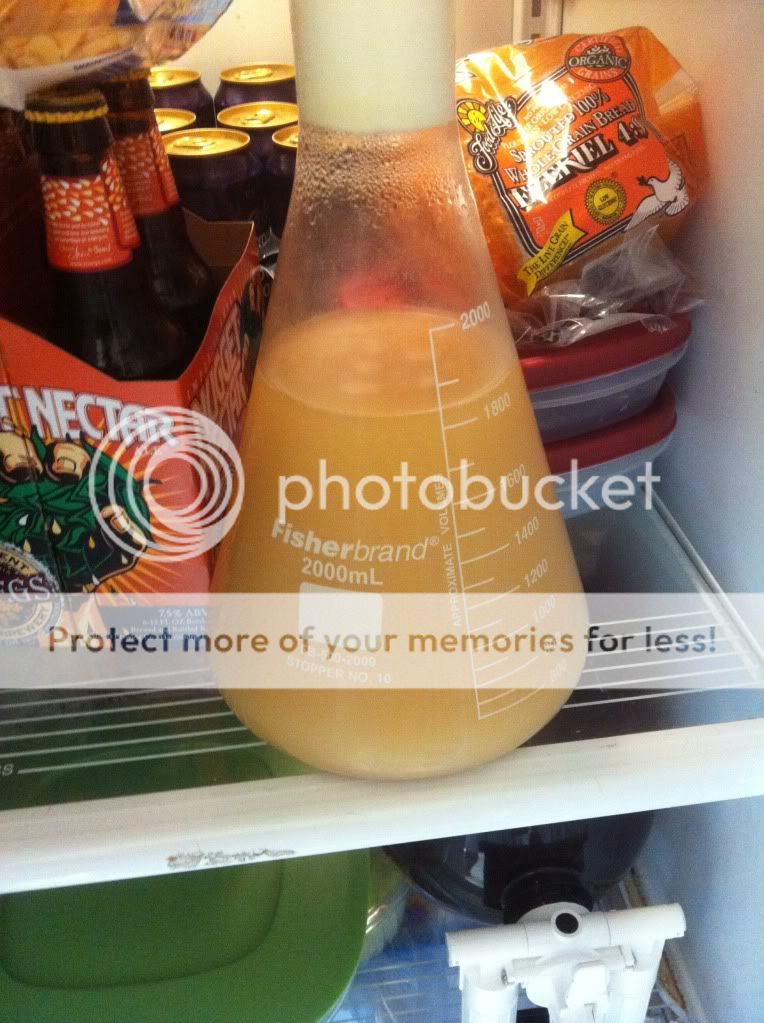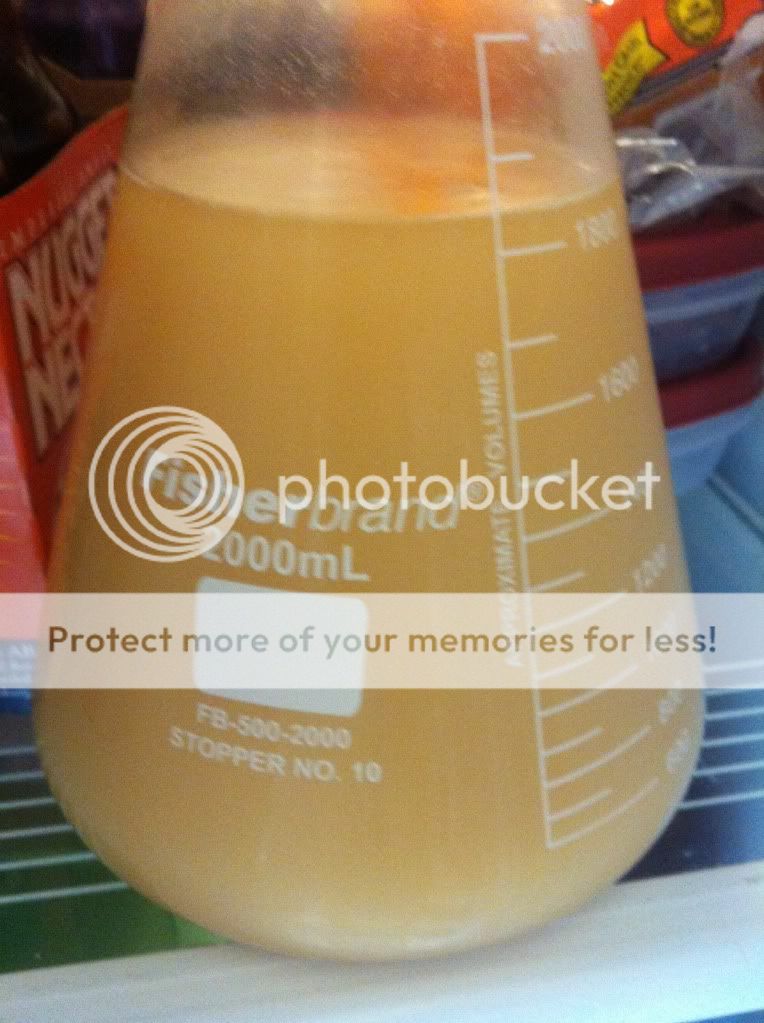Your best option (this is only my opinion) would be to
1. decant what you can and save the liquid
2. take your decanted liquid and allow the yeast to settle out more
3. pitch the settled yeast into the next starter
4. decant both when brewing is done and pitch them in
This is basically what I've ended up doing:
1.) Decanted the original stater and saved the runnings.
2.) Made an additional 2L starter using the yeast from the first decanting.
3.) I will pitch the entire 2L **new** starter, plus any settled yeast from the original decanted runnings.
I'm making a big (OG 1.132) beer, so I don't really think any of the non-decanted starter will affect the final taste.
ah i see you are in state college. i was just up that way a couple weeks ago for a job. good luck!
Best of luck! Did you interview with PSU, by chance?
It's beautiful, and a very nice place to live! My wife and I have been here for just under six years.
Then just don't bother decanting. Decanting or not decanting is really just a preference, and in the case of low flocculating yeast, you often are just better dumping the whole starter in. It's really just a small amount of light beer being added to 5 or more gallons of wort- it's not going to affect the finished product at all.
This is basically my final plan. I just need to ensure I reach my needed cell count.
Be careful with this yeast, at Low fermentation temps it puts off no Esters. I made a Barlywine with this yeast. it's clean and bright and very boring. But I was looking for some tell tale esters, becasue I was thinking it was going to be a british barleywine. My other choices was an american barleywine but becasue I didn't use American Hops it doesn't fit there either. My point here is that RIS usally have some yeast esters, to provide complexity and intrest. I would think your going to have to ferment very warm to get the british esters to come out. This means your going to produce alot of fusal alcohol's along with the esters.
I know many people would love a very clean barleywine like I made, but's It's not want I was expecting. To me its just a good alcohol delivery device. I usually make my RIS's with Irish Yeasts to get some good ester flavors so I get a much more complex brew.
Ps: if you put 450mil of this yeast in a 10 gallon RIS 1.010 at 80 degrees expect to have a geyser after a couple of hours.
I'm rethinking my yeast selection a bit, but hopefully all is not lost with the WLP099.
I'm brewing a five gallon batch, but I'm using a 12 gallon bucket for primary. Hopefully, I can avoid the need for a blow-off setup! Nevertheless, I'm anxious to see what happens!






